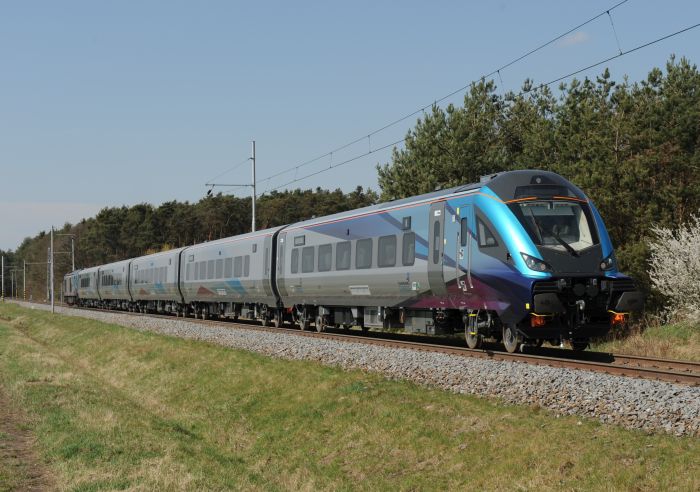In a letter to Railway Industry Association (RIA) chief executive, Mr Darren Caplan, dated July 12, Grayling said the Trans-Pennine upgrade will be “a rolling programme of enhancements, including both civil engineering projects and electrification.”
According to the letter, the Department for Transport (DfT) has instructed infrastructure manager Network Rail (NR) to prioritise elements of the upgrade which “bring the quickest passenger benefits,” including track realignment to increase line speeds.
Grayling says NR is working with the DfT and Transport for the North to determine how and when enhancements should be delivered. NR is expected to submit a final project plan to the DfT later this year, with work expected to begin in the second quarter of 2019.
A DfT spokesperson told IRJ that the government will invest around £3bn in the Trans-Pennine upgrade, with the project accounting for around a third of state spending on rail enhancements in 2019-2024.
However, it is unclear whether the upgrade will include full or only partial electrification of the route. Train operator TransPennine Express has ordered a fleet of 19 200km/h bi-mode (diesel and 25kV ac electric) class 802/2 trains from Hitachi for services from Liverpool and Manchester to Leeds, York, Newcastle and Edinburgh and these are due to be introduced from the end of next year.
Bi-mode trains are also the favoured option for the Midland Main Line from London to Nottingham, Derby and Sheffield following the government’s decision last year to cancel electrification of the line north of Kettering.
In June the government’s policy on electrification came under fire in a report from the House of Commons Transport Select Committee on rail infrastructure investment, which said electrification remains the “optimal solution” for the busiest lines.

